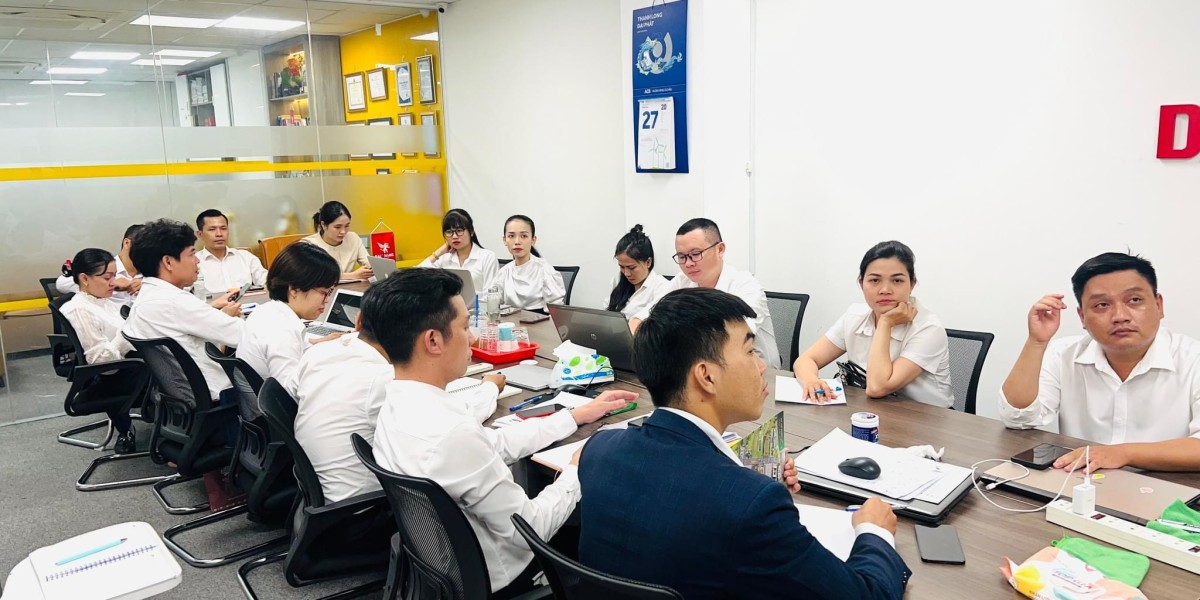
In the recent times, advancements in the field of agriculture in the type of ex-vitro plant propagation have actually proved beneficial to the man kind. One such plant, which has actually been established by ex-intro, is jatropha curcas, discovered in big quantities in Indonesia. This plant consists of 25 to 35 percent oil and can be utilized to produce biodiesel, saving land, and a boost in the income of farmers.
Earlier, there were certain difficulties while growing the jatropha curcas plant. First off, the propagation and transportation of the seedlings of Jatropha was expensive and lengthy. The soil in which, it grows is low in productivity causing the plant to decay and have diseases and last however not the least, the Jatropha plant takes considerable time to adjust itself, to the new environment.
Observing all these obstacles, the farming professionals promoted ex-vitro jatropha curcas proliferation. The ex-vitro of jatropha curcas fixed the difficulties, dealt with earlier of planting it. The seedling treatment was made quickly and inexpensive. The cost of transport was minimized, as the seedlings were planted close by, in the area of the plantation. Mother plants were picked from the exact same area, which did not need the seedlings to adjust themselves, therefore conserving time.
The ex-vitro jatropha curcas method embraced in the plant propagation plan had root culturing as its basis, where the shoots were grown outside the field in the glass vessels. The platelets grown from this, was instantly seasoned in the green home. The seedlings were highly heterogeneous, in character and hence, high level of propagation was possible.
The ex-vitro jatropha approach showed to be economical. Great care was required to offer environmental and dietary worth to the plant. Soon, after embracing ex-vitro for jatropha plant, the 2 months plantlets were ready to be planted in the field. Rooting was attained, in around 3 weeks. The federal governments in many nations are taking efforts to motivate the agricultural researchers to establish jatropha plant propagations through ex-vitro approaches, which are more affordable and sustainable. There are lots of institutes, which train people about, this approach to increase production.
The institutes participated in ex-vitro jatropha curcas approaches of plant propagation took utmost care in nurturing the plants by producing natural conditions. For instance, jatropha grows in well drained soil and is drought resistant. The ex-vitro technique also, increased the level of seedlings, which were complimentary from bug and disease. This method of ex-vitro of jatropha proved basic and affordable and the seedlings were close to their moms and dad, hence, preventing issues.
There are particular factors that can impact the ex-vitro growth in jatropha curcas plants. They are aspects like sunlight, humidity, nature of soil and other weather conditions. Hence, care has actually to be taken to adjust these aspects to fit ex-vitro.







